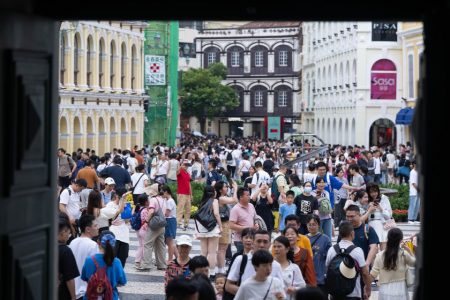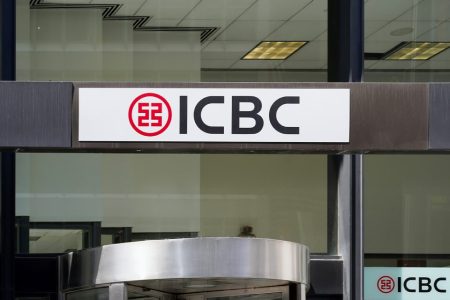The International Monetary Fund (IMF) in Washington says there is evidence of a “threat of a housing bubble” in Macau and “overvaluation” in the local property market, according to a statement by the Macau Monetary Authority (AMCM) citing an IMF report Macau’s financial sector regulator issued the statement on Friday.
The IMF report said that Macau government’s “macro-prudential and demand-management measures towards the property boom have slowed market transactions, namely by non-resident buyers, amid some evidence of overvaluation and threat of a housing bubble.”
The report added that “should property-price acceleration persist, international experience indicates that tighter housing-related tax policies and additional macro-prudential measures, such as limits on credit exposure to the property sector and lower loan-to-value ratios for purchases of second or more homes, could be used to curtail excessive price growth and contain system risk.”
The IMF Staff Mission recommended that “if the property market experienced a sharp downturn or disorderly correction in housing prices,… preserving financial stability should be the primary objective in deciding whether to ease some of these counter-cyclical prudential measures, especially in the downward phase of the economic cycle.”
The AMCM statement pointed out that the IMF Staff Mission report, based on a consultation mechanism between the two sides, was the first since the establishment of the Macau Special Administrative Region (MSAR) in December 1999. The report was released in Washington on Thursday and received here on Friday.
In a list of economic and financial indicators, the report points out that Macau’s housing prices rose 42.6 percent year-on-year last year, after an increase of 38.4 percent in 2012. In contrast, the city’s median monthly employment earnings rose just 6.2 percent last year, the report points out.
The report warns that Macau’s “buoyant property market could come under pressure if demand fundamentals shift or interest rates rise sharply, due to faster-than-anticipated withdrawal of unconventional monetary policy abroad or increased financial market volatility in the wake.”
The report also cautions that the “narrow base” of Macau’s economy “makes it susceptible to external shocks, including a potential slowdown in tourism,” adding that “credit risks may also arise from cross-border lending to the mainland, Hong Kong and Portugal.”
An IMF press release on the report underlines that “over a longer horizon” Macau’s economic growth “could slow as the gaming sector matures and the population ages.”
The report urges the local government to “bolster financial soundness, ensure external stability, maintain fiscal prudence and diversify the economy.”
The IMF staffers “underscored that economic diversification holds the key to unlocking additional growth engines and achieving great economic resilience over the long term,” said the report, which forecasts a real growth in gross domestic product (GDP) of nine percent this year and 10 percent next year.
“The outlook is bright,” the report said, predicting that economic growth should stay strong over the next few years at eight to 10 percent buoyed by gaming exports and investment, with inflation remaining at around five to 5.5 percent.”
The report suggests that the local authorities should consider to allocate “some part of the MSAR’s ample fiscal reserves to a sovereign wealth fund with a clear mandate to achieve better risk-adjusted returns over a long horizon, including through a more diversified allocation strategy.”
The report commended the authorities’ focus on promoting nongaming services, “and encouraged them to explore more opportunities, including through broader integration with the mainland, further financial development, and great public investments in infrastructure and human capital.”
The report urged the local government to “prepare for future shifts in the global and domestic landscape, including implications from the unwinding of unconventional monetary policy by the US, and the mainland engaging in major structural reforms to rebalance its growth.”
The report praised the Macau government for its “prudent macro-economic management”. It also said that the direct peg of the pataca to the HK dollar (and indirect peg of the pataca to the US dollar) “has served the MSAR well in maintaining financial stability and a strong external position, while successfully weathering several external shocks, including recent global crisis.”
According to the AMCM statement, the IMF Staff Mission visited Macau in April.
(macaunews/macaupost)






